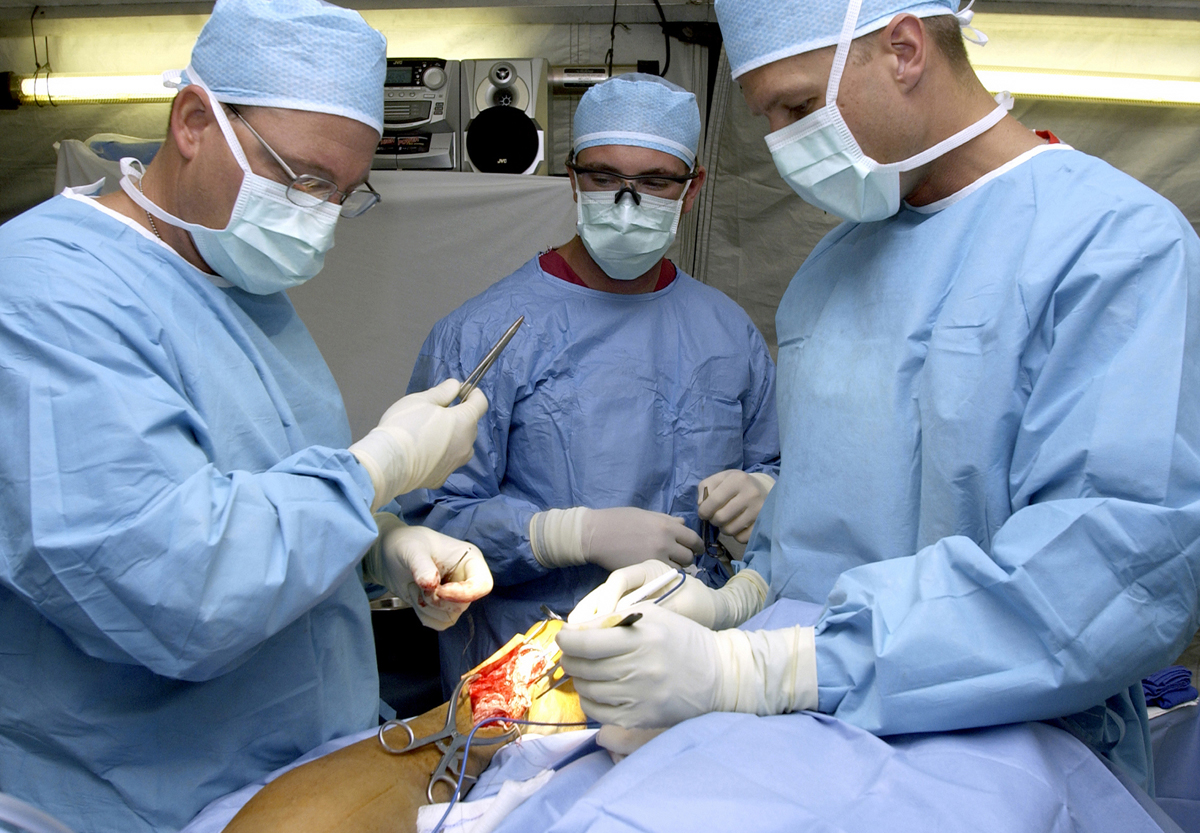
Photo from academic.microsoft.com
Body dysmorphic disorder and borderline personality disorder are common in esthetic practices and occur in up to 15% of patients. Operating on these patients may not only lead to dissatisfaction… Click to show full abstract
Body dysmorphic disorder and borderline personality disorder are common in esthetic practices and occur in up to 15% of patients. Operating on these patients may not only lead to dissatisfaction but may also worsen their premorbid condition and can induce negative behavior toward the practice. Preventing surgery and referring patients for cognitive therapy is essential. An adequate understanding of these conditions and the available screening tools is indispensable for all esthetic practitioners. Unrealistic emotional attribution to a facial shape, multiple procedures, a near-normal nose at the outset, childhood trauma, multiple comorbid mental conditions, and social dysfunction are red-flags to consider.
Journal Title: Facial plastic surgery clinics of North America
Year Published: 2020
Link to full text (if available)
Share on Social Media: Sign Up to like & get
recommendations!